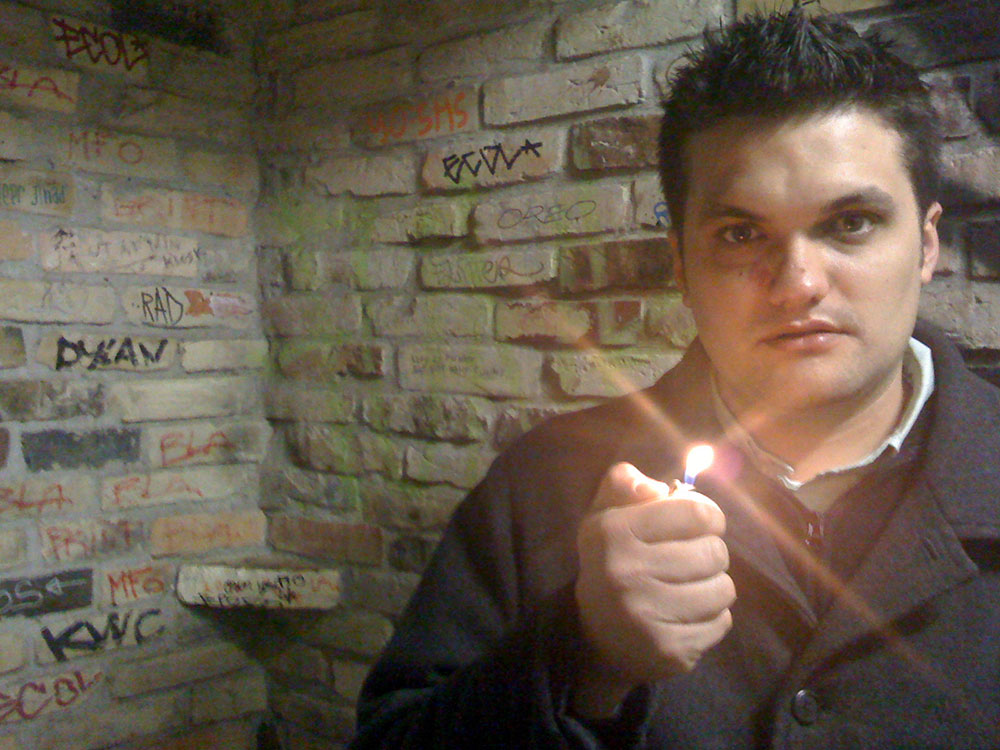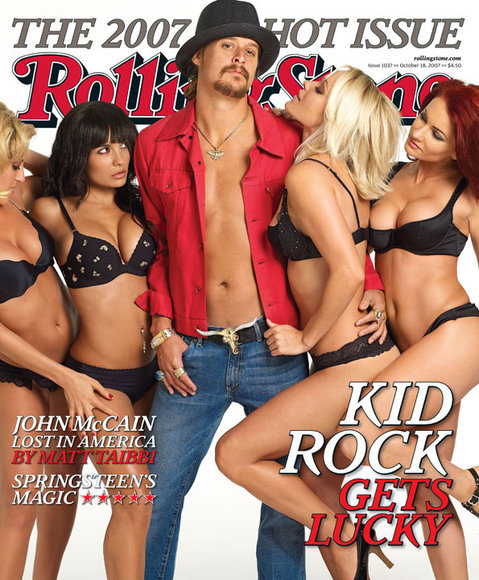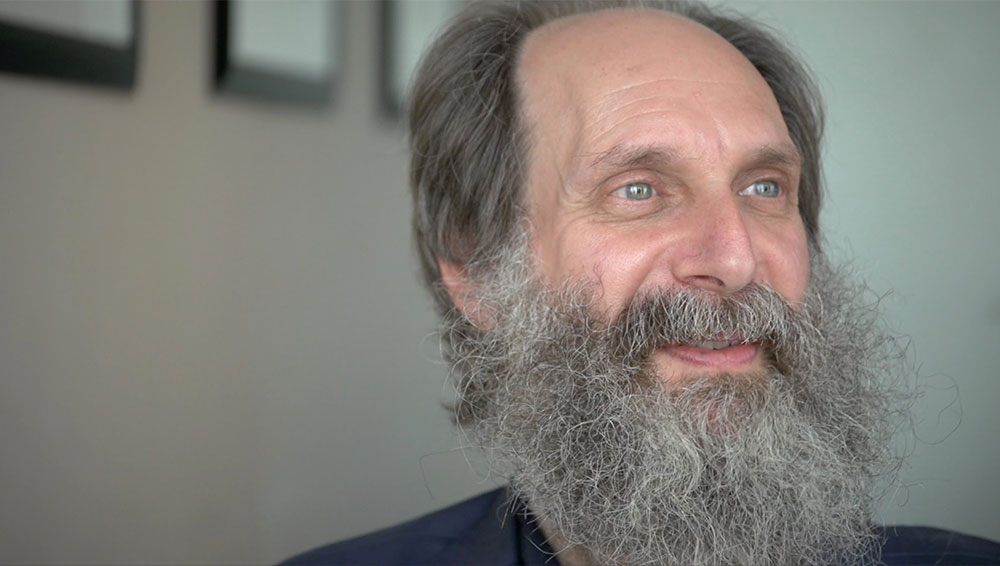(2002)
Mumblecore begins with a seminal film:
In 2002, Andrew Bujalski, a 24 year old Harvard Department of Visual and Environmental Studies grad living in Boston, completed his first feature, "Funny Ha Ha", a loose, chatty, naturalistic portrait of an early-twenty-something woman's post-grad ennui, un-moored love life and nonchalant forays into the job market.
Shot in August 2001 in Boston on 16mm film with a $50,000 budget [via Wayback Machine] and a non-professional cast, Bujalski insists he had no intention of starting anything:
"I kind of more feel like [Funny Ha Ha] is more like the end. This is like, you know, the last indie movie of the '80s. We just got this one in really late."

Critics said of "Funny Ha Ha":
"Floating, indecision, the indefinite: This is the gray arena of 'Funny Ha Ha'. The surprise is how the movie comes together and gets under your skin before you even know why you should give a damn. What seems improvised and random turns out to be controlled, at times cunningly shaped, and the surface of nonsequiturs and random shrugs conceals fairly intense emotions - the emotions of self-consciously cool, easy, inarticulate people afraid to pin anything down."
"Bujalski's improv approach is gracefully married with a style that is not overly-dramatic, and therefore seems just a hair short of pure documentary."
"Realistic dialogue, believable situations and characters and the sheer natural likeability of Kate Dollenmayer make 'Funny Ha Ha' a charmingly irresistible little comedy with a documentary-like flare that will remind us all of the little bit of 'been there, done that' within each of us."
"If it were not so resolutely modest, and so rigorously confined in its minute observations of individual behavior, you might almost call 'Funny Ha Ha' [...] a generational statement."
"Funny Ha Ha" premiered quietly at the 2002 Sidewalk Moving Picture Festival in Birmingham, Alabama and continued playing festivals, eventually showing on the Sundance television channel, screening at colleges and art houses and receiving critical acclaim through its 2005 limited theatrical run. The New York Times' A.O. Scott included "Funny Ha Ha" in his favorite films of 2005. It grossed $82,620 over three weeks at the box office.


